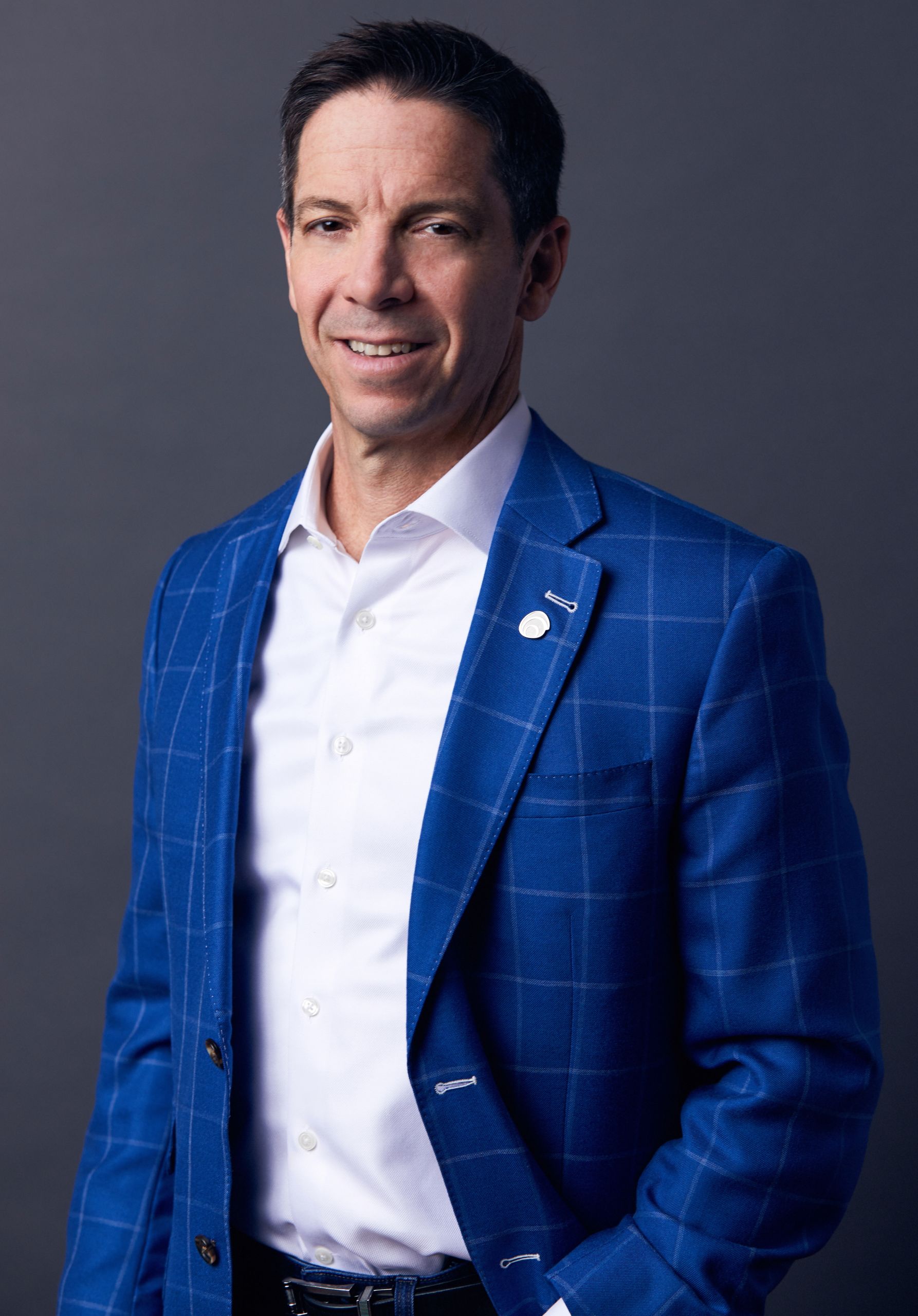Can a profession built on long hours and a survivalist instinct change to better amplify its talent and ultimately provide better client service? One accounting firm leader thinks it can
The professional services industry long has been known for the billable hour, long working hours, and the dedicated strive toward promotion to partnership that is the mark of highly-sought-after success. The acceptance of these industry structures for decades unfortunately has perpetuated survival of the fittest mentality, and most employers and employees assumed these were necessary work practices, done in the name of client service.
Alan Whitman, CEO of Baker Tilly, is taking on these long-standing paradigms – what he calls breaking the mold – and declaring the firm’s purpose to “unleash and amplify talent.” “With everything else staying the same, our mission and our vision — which are, respectively, to enhance and protect our clients’ value and create the advisory CPA firm of the future, today — were all part of our strategy before the pandemic,” Whitman explains. “When during the pandemic we learned so much about ourselves, how we work together, and what people wanted, it clarified our organizational purpose centered around talent.”
“By unleashing and amplifying talent, we help people become the best version of themselves, no matter what they want to do.”
Clarification of Baker Tilly’s purpose
The pandemic dramatically shifted what employees want, Whitman says, adding that he himself is a different person now than before the crisis started. Also, he sees similar changes in the Baker Tilly team members with whom he works. The time that employees had freed up from travel and commuting caused a “great reflection” for many in the industry, he says, and the longevity of the pandemic forced everyone to adapt to remote working and flexibility in where and when work gets done.
Whitman observes that the way the firm and the accounting industry overall operated before the pandemic has stagnated. Indeed, the way most CPA firms now operate in 2022 in terms of their people is pretty much identical to the way firms were run 35 years ago when Whitman first started within the industry, he says, arguing that the old way is no longer relevant because people’s wants and desires from their careers have changed monumentally.

More specifically, the old ways of managing talent that are no longer applicable for the accounting profession, include the expectation of “busy season” with intense peaks and valleys and the idea of there being only one path to partner.
In contrast, today’s young people within the accounting profession and the next generation entering the industry want to participate in shaping how the industry and their workplace operate. Rather than fitting into a pre-ordained structure that they have no choice but to adapt to, they expect to have the ways of working more properly fitted to them.
Whitman says Baker Tilly is responding to these new expectations with a radical change to the old ways of working and career progression, including such actions as:
Challenging the “always on” mentality by implementing firmwide disconnect days — Stemming from the pandemic, Baker Tilly implemented one day a month where everyone collectively takes a day to recharge. This was an intentional way to redraw the boundaries between work and home by collectively disconnecting. “We know that walking away from work is easier when everyone walks away at the same time,” Whitman says, adding that by proactively communicating the dates of these “disconnect days” a year in advance, those serving clients could plan their work accordingly.
Eroding the importance of the billable hour — Under Whitman’s leadership, Baker Tilly is also shifting its focus away from inputs, such as the billable hour, to outcomes. The firm is in the process of running pilot programs throughout the organization to experiment with this transition.
Removing time-bound requirements for promotion and annual career performance — Baker Tilly is also de-coupling the timing for individual performance assessments from the fiscal calendar of reporting financial results. “If we’re really here to turn the tables and focus on our people’s development and unleashing and amplifying their talent, there is no reason to wait until the calendar tells us we can assess promote them,” Whitman says.
Flipping the script for onboarding new hires — Whitman pledged that every new hire will spend their first week at the firm’s innovation lab to embrace different thinking on Day 1.
Assessing willingness to embark on the change journey
To gauge the organization’s readiness and prepare for the changes that will come with a bold purpose, the firm conducted a series of meetings with 70 leaders hosting several small group discussions to personally reach 6,000+ people. These meetings encouraged open dialogue on purpose and breaking the mold and solicited feedback and ideas. Whitman is guiding the continued evolution of the organization placing emphasis on developing people’s ability to be adaptive, resilient and navigate uncertainty. In a few years, Whitman says skills like those will be second nature. “The more this happens, the better we are as an organization.”







